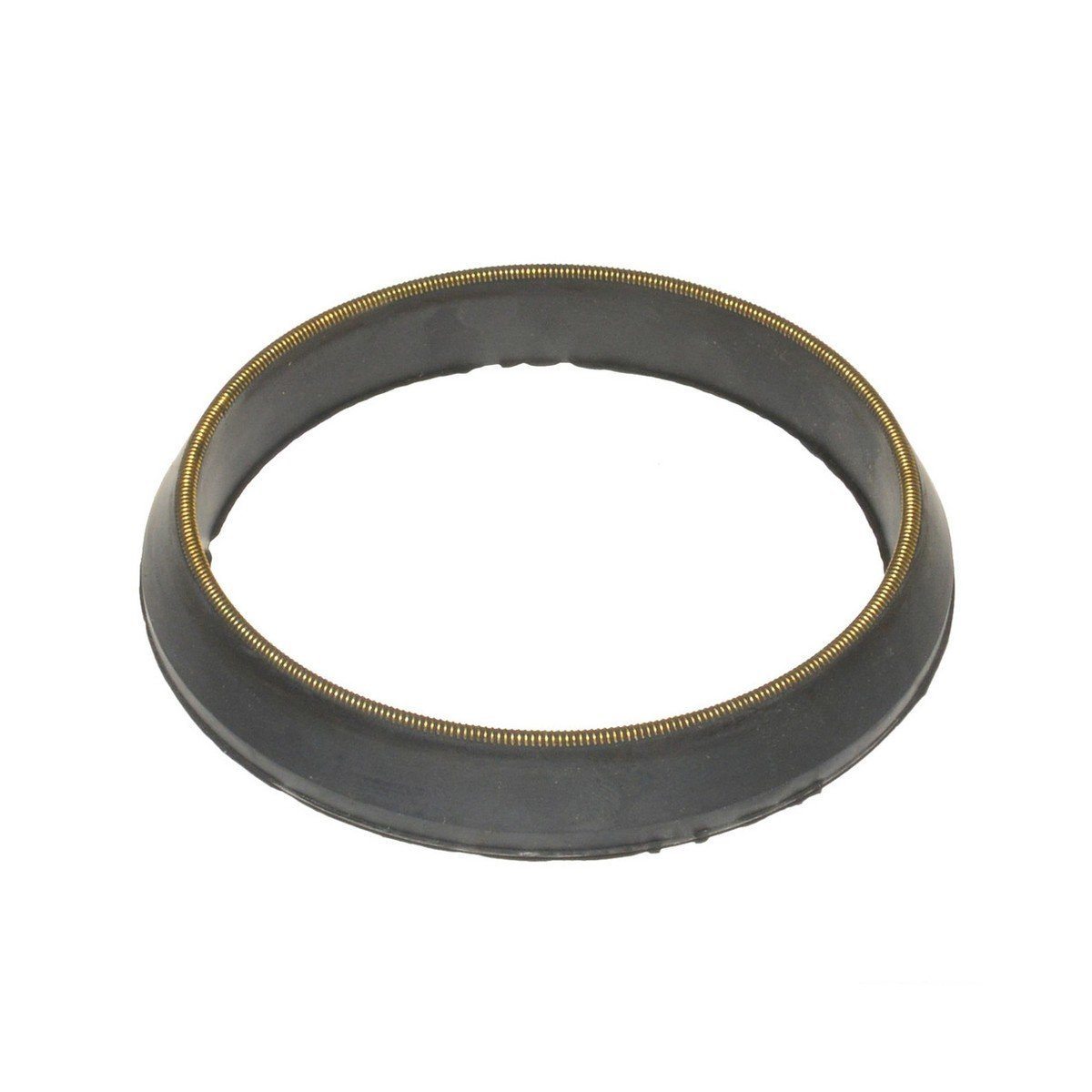Long Radius 90 Elbow | Butt Weld Fitting | A234 WPB | Import
I would like to return my order. have reached out multiple times with out an answer. Nothing wrong with the fittings, just went a different direction
The ends of all Butt Weld Fittings are beveled. The shape of the bevel depends on the actual wall thickness. These beveled ends are needed to be able to make a "Butt weld".
ASME B16.25 covers the preparation of butt welding ends of piping components to be joined into a piping system by welding. It includes requirements for welding bevels, for external and internal shaping of heavy-wall components, and for preparation of internal ends (including dimensions and dimensional tolerances). These weld edge preparation requirements are also incorporated into the ASME standards (e.g., B16.9, B16.5, B16.34).
Good morning. Today we’re talking about butt weld fittings. Here’s a collection of carbon steel buttweld fittings. This is a Tee, this is concentric reducer, this is a reducing Tee, this is a 45 elbow, this is a short radius 90 elbow, this is a long radius 90 elbow, this is a pipe cap, and this is an eccentric reducer. These are some examples of butt welded fitting in stainless steel. This particular one is a 304 stainless Tee, and this is a stainless 90-degree elbow, and this is a stainless eccentric reducer.
Butt weld pipe fitting is available in carbon steel, stainless steel, nickel alloy, and the most common material for butt weld fitting in carbon steel is A234-WPB. These fittings are also available in carbon steel in high-yield, you just have to specify that. All butt weld fitting are made from a pipe, they use pipe as the starting material. Commonly, the smaller sized butt weld fittings are made of a seamless pipe, but as you go bigger, usually larger than 18 inch nominal size, these fittings are made of a welded pipe and they’re also called a welded butt weld fitting.
To explain you the individual butt weld fitting, again, this is a 45-degree elbow. If you notice, all butt weld fittings have a bevel on the ends . This is a pipe sample, a 2 inch pipe sample, that we’re using. All of these fittings are 2 inch pipe fittings and the way you weld it is that you take a pipe, you should have a bevel here, you butt it out, that’s why they’re called butt weld fitting, and then you can do a welding right here. You can do a full penetration weld depending on your welding spec. The other pipe goes from here and it will make a 45-degree angle.
This is a 90-degree, this is a short radius 90-degree. The difference between a short radius 90 and a long radius 90 is that A short radius is a much tighter turn, it depends on your piping drawing. If it calls for a tighter turn, then you will request a short radius 90-degree elbow, otherwise, you will request a long radius. They both do the same thing and, as I showed you before, you just butt it out, you weld it, the other piece goes here, and then it makes a 90-degree right here. Same thing with the long radius, this is how you connect it, then the other portion goes right here.
This is a standard Tee, the main run and the branch are the same size, this is 2 inch. You do the same thing, you connect the pipe like this, and you weld it, and you make a Tee connection. The Tee is also available as a reducing T, and you can see that this is a 2 inch by about three-quarter inch, so it’s a 2 inch run here, then it’s reducing to a three-quarter inch. If your piping installation calls for a reduction in the branch, then you will request a reducing Tee.
One thing I wanted to mention is that all butt weld pipe fittings require you to specify the schedule, that’s how you determine the wall thickness, the pressure rating. If you compare it with a socket weld or a threaded fitting, they come in a 3000 pound, 6000 pound whereas a butt weld fitting comes in a schedule 20, schedule 40, schedule 60, schedule 80, standard, extra heavy, double X heavy, you have to specify the schedule of the pipe. This particular one is a concentric reducer and it reduces from 2 inch down to 1 inch or you can specify what reduction you want in the concentric reducer.
This is an eccentric reducer. The same thing but not in line, so if your main branch is right here, depending on your installation, if you want to be off axis, then you put another pipe right here and it makes an eccentric reducer. This is how the eccentric reducer looks like.
This is a pipe cap. As the name says, you use it to cap the pipe. If you have a pipe or nozzle or something similar, you can butt it up and weld it and cap the pipe, so a pipe cap.
In summary, butt weld pipe fitting is available in carbon steel, in stainless steel, and nickel alloy. For butt weld fitting, you have to specify the schedule, that’s how this pressure rating is determined, you have to specify a schedule 40, 80, and so on and so forth. The most common material for butt weld fitting in carbon steel is A234-WPB, they’re available in high-yield, they’re available in stainless, they’re available in nickel alloys. That’s it. Thank you.

Dresser
Sign up for our newsletter and be the first to know about coupons and special promotions.
© 2024, Trupply LLC Powered by Shopify
Long Radius 90 Elbow | Butt Weld Fitting | A234 WPB | Import
I would like to return my order. have reached out multiple times with out an answer. Nothing wrong with the fittings, just went a different direction
